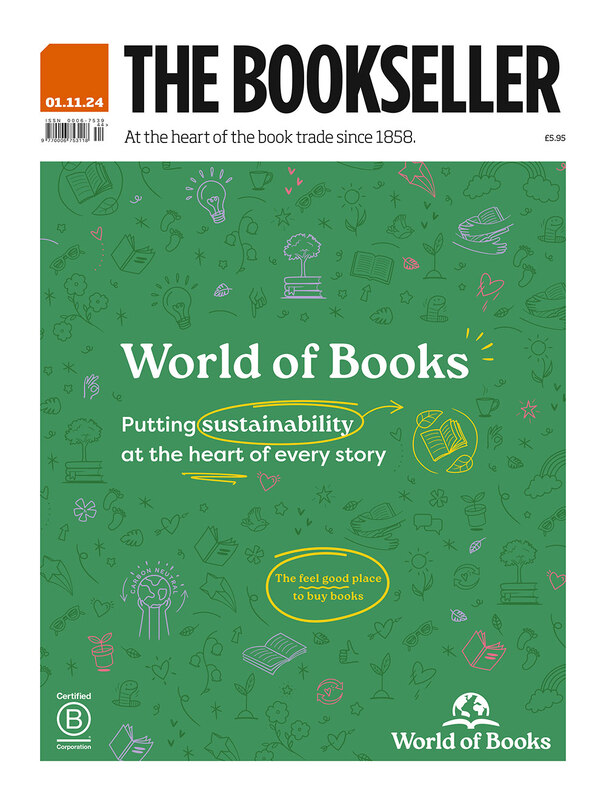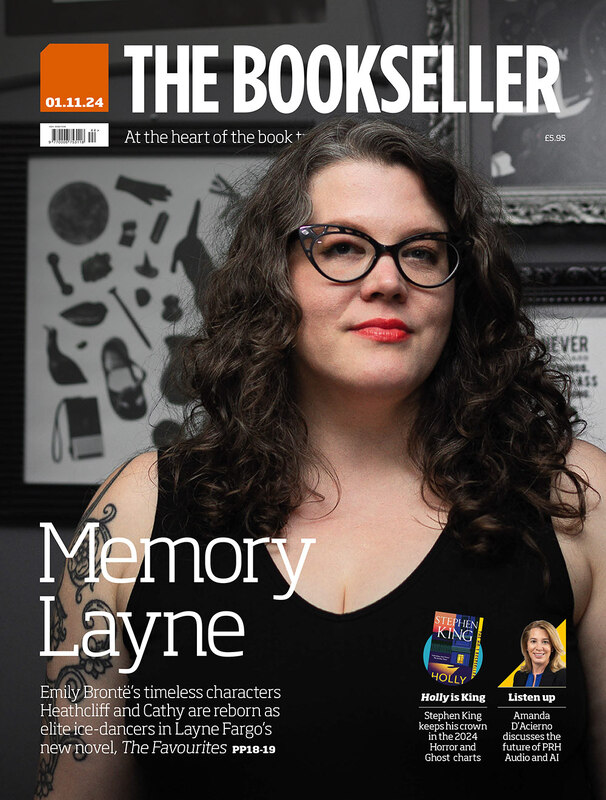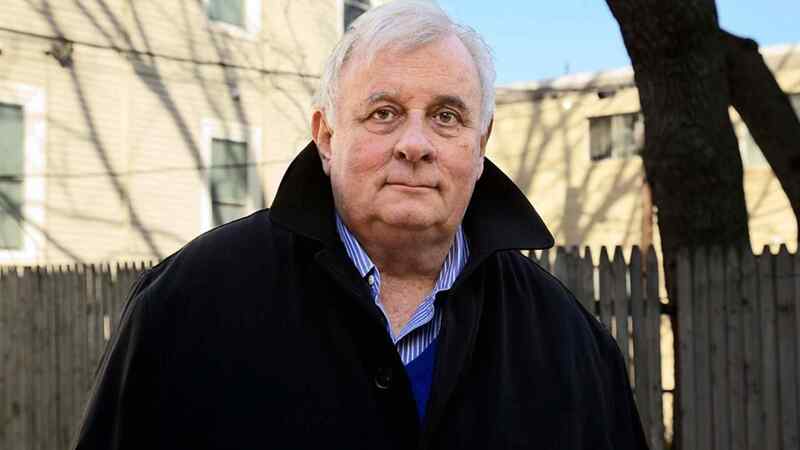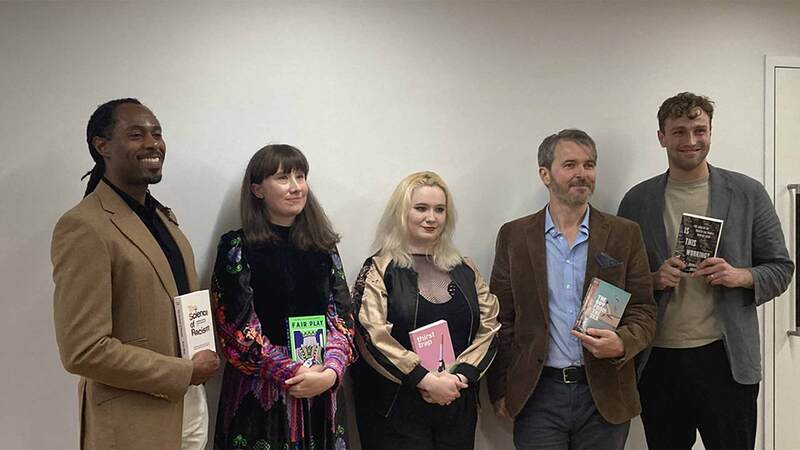You are viewing your 1 free article this month. Login to read more articles.
Amanda Craig: Bring me sunshine
Despite its resolutely English Victorian architecture, Amanda Craig's home in a quiet north London square seems to suggest a romantic, faintly Italianate, even Renaissance, air: pots of ornamental daisies tumble with a studied carelessness down the front steps; a pretty cavalier spaniel sniffs around an olive tree planted in the back garden. The novelist herself sweeps back long blonde hair which would be quite appropriate in a portrait from the 16th century.
Perhaps it is her latest novel, Love in Idleness(Little, Brown, 28th July, £12.99, 0316724858), set in the Italian countryside and lightly based on Shakespeare's "A Midsummer Night's Dream", that sets off such fancies. Best known for A Vicious Circle, a satire on contemporary literary London published in 1996--which proved very controversial when actual individuals considered themselves to feature in it--Craig has shifted ground for her fifth book: a setting in the Italian hills near Cortona where she herself lived as a child.
Love in Idleness (not to be confused with Charlotte Mendelson's novel of the same name) is a light summer tale about romantic confusion and learning to love. Various married, dating, and resolutely single, guests meet at a house party in a villa, the Casa Luna. Shakespeare scholar Daniel thinks he should obey his mother's wishes and marry dashing designer Ellen, with whom he has a rather tepid relationship; Ellen meanwhile, is nursing a grudge against womanising journalist Ivo Sponge; Ivo is contemplating an affair with strait-laced eye-surgeon Hemani, who has been invited along by the very tense Polly, who is being hopelessly neglected by husband Theo . . . and so on.
There is a heady atmosphere of lust and longing as the various mismatched couples languish and pine, switching their objects of desire in a dizzying whirl amid the mischievous intervention of the children, in the manner of Puck and the fairies in the "Dream". There are also echoes of E M Forster's Room with a View, as the repressed visitors give way to the irresistible romantic spell cast by the Italian sunshine.
Craig has been much in the press of late, arguing that we have quite enough of "grim-lit" and far too little "sun-lit": that comedy has lost its status, and only miserable writing reaps critical rewards.
"Going through an airport bookshop recently, I found there was nothing that wasn't terribly grim and literary, or fluffy," she complains. "Fluff has its part. But I love all those writers, like E M Forster or Jane Austen or P G Wodehouse, who have all that style and intelligence, but love entertaining; a romantic comedy has become a debased thing.
"I love that Mozartian mix, where there's a sadness--because there is always sadness in people's lives--but there is also joy and a potential for regeneration. What Johnson said is that the sole end of literature should be to enable the reader better to enjoy life, or better to endure it--and it seems to me that there's an awful lot of enduring, and not much enjoying."
Craig is also unhappy with how the "fluffy" end of the market handles the theme of love, so central to her novel. "The thing that distresses me about chick-lit is the way that it's about deeply sad, desperate women, and it's read by desperate women," she says forthrightly. "I think it actually poisons people's chances of happiness, because I don't think that's how you find love [by searching single-mindedly for it]--you find love almost by accident.
"It's like learning to swim: when children try to swim, and they're doing this frantic doggy paddle, they sink. That is also true of love--you have to trust yourself, and trust someone, and let go and relax, and then you find you can float."
Learning to love may be a skill that comes a little later in life, she suggests; "I've talked endlessly to people about how they found the person that they knew was right for them, and there's always an element of luck, but it's also about not grabbing. You mustn't grab; if you do, it'll be desperate and you'll unbalance things."
Love is also a very curious phenomenon to the disinterested observer. A particularly clever intuitive touch to Love in Idleness is the way Craig transfers the roles of the fairies Titania and Puck in Shakespeare's play to the children of the house party, who interfere shamelessly--and without a notion of what they are about--in the love lives of their adult companions.
"My novelist friend Kate Saunders has always called my children Puck and Titania--she says, 'Your daughter is terribly queenly, and your son is just full of mischief,'" Craig explains. "I wanted to show the way that children completely fail to understand love--they know all about love in one sense, loving their mother and father, but they completely do not understand sex, like the fairies--'Lord, what fools these mortals be!'"
Love in Idleness also sees the return of the character Ivo Sponge, who in A Vicious Circle was the louche journalist, practitioner of "the Sponge lunge". In this novel he is one of the house guests, cast as one of the four main lovers in relation to "A Midsummer Night's Dream"--and in the rather unnerving position of being himself fought over by two determined women.
"People loved him as a character in A Vicious Circle, especially the people who thought they were he," explains Craig. "John Walsh [the author and journalist] came to dinner three or four months ago--we'd had this huge rapprochement after A Vicious Circle came out, because we'd had a bit of a feud beforehand--and we had this lovely evening, a very gossippy party, and at the end of it he said, 'I suppose, Amanda, you've got a tape recorder hidden under the table,' in this rather anxious voice. He wasn't joking."









